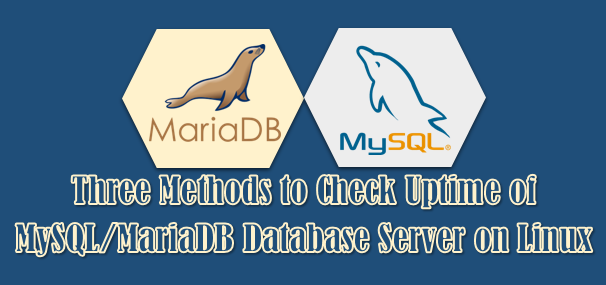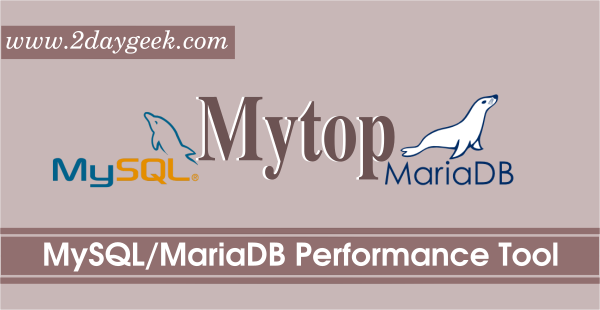Install SQL Server on Ubuntu 16.04
First import the public repository GPG keys, then add Microsoft SQL Server Ubuntu repository and use the apt-get command to perform the installation.
Install SQL Server
$ curl https://packages.microsoft.com/keys/microsoft.asc | sudo apt-key add - $ curl https://packages.microsoft.com/config/ubuntu/16.04/mssql-server.list | sudo tee /etc/apt/sources.list.d/mssql-server.list $ sudo apt-get update $ sudo apt-get install -y mssql-server
After the package installation finishes, run the configuration script and follow the prompts to accept the license terms and setup password for SA account.
$ sudo /opt/mssql/bin/sqlservr-setup
Once the configuration is done, verify that the service is running.
$ systemctl status mssql-server
Install SQL Server tools Add the below repo to install SQL Server Command-line tools, which contains Microsoft ODBC drivers, and their dependencies.
- sqlcmd: Command-line query utility.
- bcp: Bulk import-export utility.
$ curl https://packages.microsoft.com/keys/microsoft.asc | sudo apt-key add - $ curl https://packages.microsoft.com/config/ubuntu/16.04/prod.list | sudo tee /etc/apt/sources.list.d/msprod.list $ sudo apt-get update $ sudo apt-get install mssql-tools
Connect to SQL Server on Linux
Follow the below steps to connect SQL Server on Linux with help of sqlcmd tool.
$ sqlcmd -S localhost -U SA -P 'YourPassword'
Details :
- -S : SQL Server name
- -U : User name
- -P : Password
To connect remote instance, specify the machine name or IP address for the -S parameter.
$ sqlcmd -S Server IP -U SA -P 'YourPassword'
To display database lists (List of available/created databases).
SELECT Name from sys.Databases; GO
Create a database and use the database.
CREATE DATABASE magi; GO USE magi; GO
Create a table in the current database.
CREATE TABLE articles (id INT, name NVARCHAR(50), quantity INT); GO
Insert data into the new table.
INSERT INTO articles VALUES (100, 'prakash', 53); INSERT INTO articles VALUES (101, 'ramya', 21); GO
Print the values from table.
SELECT * FROM articles WHERE name ramya; GO
To end your sqlcmd session, type
QUIT
Enjoy…)




Yeah, I’d rather just stick with MariaDB